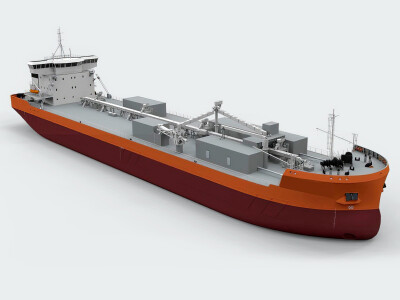They say that one of the reasons ice cream tastes so good is because most people don’t eat it every day. And if you did eat it every day, it would lose some of its appeal.
That may be true about ice cream, but I can tell you it wasn’t true of French bread made in New Orleans in the 1960s. When I was a kid, we had French bread with dinner almost every night. I never got tired of it. In fact, I couldn’t get enough of it.
My parents use to say that the reason the French bread in the Crescent City was better than French bread anywhere else in the country was the water — that good old Mississippi River water.
As I grew up, I learned that this was not just any Mississippi River water. It was water that had flowed all the way down from northern Minnesota and picked up everybody’s discharges through 10 states and 2,300 miles.
Simply reading about what vessels discharged into the mighty Mississippi in those days would send most 20-something employees of the Environmental Protection Agency home for two days of mandatory bed rest.
Today, state and federal officials monitor closely what vessels discharge into the Mississippi and most other U.S. waterways. Call it coincidence or not, but New Orleans French bread, at least to my unsophisticated pallet, is not quite as good.
Last week the Senate Commerce, Science and Transportation Committee favorably reported S.2094 out of committee. The bill, the "Vessel Incidental Discharge Act," would establish a uniform national framework for the regulation of ballast water and other vessel discharges in U.S. waterways. Currently, there are different laws about such discharges as a vessel moves along a particular waterway from state to state. It tends to make inland waterway vessel operators’ lives more complicated.
The American Waterways Operators was pleased with the committee’s actions. “U.S. vessel operators face conflicting regulations from two federal agencies and more than two dozen states,” AWO’s president and CEO Tom Allegretti said in a statement following the announcement. “The resulting regulatory patchwork is burdensome to our members and hinders the efficient flow of interstate commerce.” He called S.2094 “sound public policy.”
If the bill is passed into law, might it mean stricter regulations throughout the inland waterway system or a better way of managing current laws? That is unclear for now.
But if I were a person who likes New Orleans French bread, I'd get my fill while I can.




